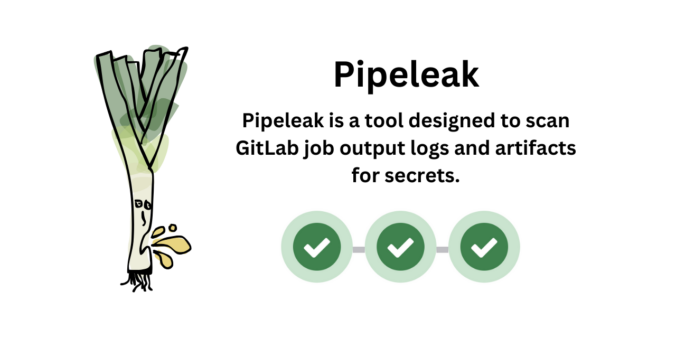TLDR: Scan GitLab job logs for credentials using https://github.com/CompassSecurity/pipeleak Many organizations use (self-hosted) GitLab instances to manage their source code and a lot of infrastructure is managed in code (IaC), thus these configurations must be source-controlled as well, putting a lot of responsibility on the source code platform in use. Often deployments are automated using CI/CD […]
Compass Security Blog
Offensive Defense
A post on how to trick browsers to work as a gateway to internal web servers and IoT devices, the concepts behind and how to easily exploit DNS rebinding using the Singularity of Origin framework.
A new vulnerability (CVE-2020-0796) affecting SMBv3 has been discovered. The community has started to name this vulnerability SMBGhost because everyone knows this vulnerability is present but no additional details are available. Microsoft also released the advisory ADV200005. [1]
Contents Introduction Background Story External Device Access Auditing with Windows Security Event Logs Audit Plug and Play Activity Audit Removable Storage Activity External Device Access Auditing with Default Windows Artifacts Other Ways to Monitor External Device Usage Conclusion References Introduction Have you ever investigated a data leakage case involving a suspect potentially leaking data to […]
Dieser Blog Post dient als Hintergrundartikel zum SRF Thementag «Blackout»: Wenn die Schweiz plötzlich keinen Strom mehr hätte vom Montag, 2. Januar 2017, 13.00 bis 22.00 Uhr (SRF News, SRF Kultur Wissen Beitrag) Wie ist die Vorgehensweisen von Hackern, die unerlaubten Zugriff auf fremde Systeme erlangen wollen? — beispielsweise im Netzwerk eines Energieversorgungsunternehmens. Basierend auf diesen […]
Introduction The Content Security Policy (CSP) is one of the main web-based security mechanisms which helps websites’ owners to reduce their risks caused by Cross-Site-Scripting (XSS) or code injection attacks [1]. The CSP is nothing more than a policy that defines from where and to where a something can be loaded and fetched. This is […]
Nowadays, we all relentlessly use search engines and developers extensively use version and source code control systems to keep track of their source code. Services such as Google or GitHub are great to search and retrieve information they gathered and stored. But when it comes to public indexing services, one big problem raises up: your whole […]
© 2026 Compass Security Blog


